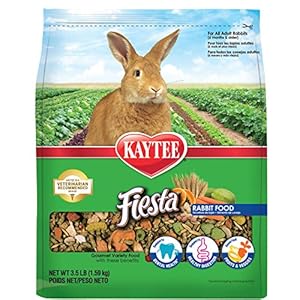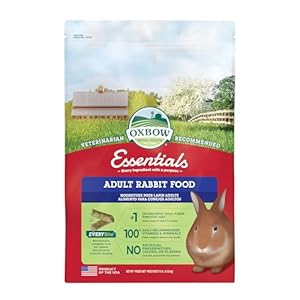Final Might, the United Nations (U.N.) launched the first draft of a world plan to deal with antibiotic resistance that aligned with a call from world leaders’ expert advisors to take “daring and particular motion.” That included a dedication to scale back using antibiotics used within the meals and agriculture system by 30 p.c by 2030.
However when these leaders meet at the U.N. on Thursday to undertake the Political Declaration on Antimicrobial Resistance, that concrete purpose and others might be lacking from the newest draft.
After months of negotiations and edits to the proposal, these bold—and certain efficient—commitments have been changed with a toothless goal: to “try to meaningfully scale back” antibiotic use in agriculture. Now, specialists and advocates are involved that this new, imprecise provision, amongst different weakened commitments, might be included within the last declaration.
“I feel it’s a critical mistake,” stated Andre Delattre, the senior vice chairman and COO for applications at the Public Interest Network, which has advocated for decreasing antibiotic use on farms as a matter of public curiosity for years. “We’ve recognized for a very long time that the overuse of antibiotics in animal agriculture is admittedly problematic for public well being. Saying we’re going to scale back with out setting targets simply reveals we’re not as critical as we ought to be about the issue.”
The information comes at a pivotal second. Whereas the urgency of antibiotic resistance as a public well being risk is well-known, a brand new research launched final week upped the ante. In line with a systemic analysis of the issue, researchers predicted deaths straight attributable to resistance will enhance practically 70 p.c between 2022 and 2050, rising to round 2 million per yr globally, with one other 8 million deaths related to the problem.
Within the U.S., the largest volume of antibiotics are utilized in animal agriculture. Additionally, the preventive dosing of animals with medically necessary medicine—that’s, medicine for treating people—is still routine. This use of medication can drive the event of resistant micro organism that then threaten human lives. Lowering or eliminating using medically necessary antibiotics in livestock would sluggish the event of resistant micro organism, specialists say, safeguarding the efficacy of necessary medicine for longer.
“It’s estimated that by 2050, as many as 10 million folks globally will die yearly from antibiotic-resistant infections until the US joins with different nations to rapidly take aggressive motion to deal with this concern.”
U.S. officers were at least partially responsible for weakening the U.N. declaration’s commitments on animal agriculture. The advocacy group U.S. Proper to Know obtained a document exhibiting that the U.S. was one of some meat-producing nations that advised deleting the 2030 purpose. The group additionally cites the truth that a Washington, D.C. commerce group representing the animal drug trade objected to the purpose. In response to questions on involvement within the U.N. declaration, a U.S. Division of Agriculture (USDA) spokesperson referred Civil Eats to the U.S. Meals and Drug Administration (FDA). FDA officers didn’t reply by press time.
Steve Roach, the Secure & Wholesome Meals Program Director at Food Animal Concerns Trust (FACT), has been monitoring U.S. coverage on antibiotic use in agriculture for years. He stated that on the worldwide stage, he’s seen the U.S. “actively undermining” stronger insurance policies time and time once more.
“The U.S. all the time appears to be aiming for one thing weaker,” he stated. For instance, he stated the U.S. labored to maintain targets for the discount of antibiotic use out of international food safety standards. The U.S. was additionally certainly one of 5 nations—all high customers of antibiotics in animal agriculture— that did not sign onto an earlier world settlement, known as the Muscat Ministerial Manifesto on AMR, that did embrace focused reductions.
And Roach stated that this strategy on the worldwide stage mirrors how federal businesses proceed to strategy the problem at dwelling. “We’ve been calling for targets for years, and FDA is all the time saying, ‘We don’t have sufficient information to find out how a lot use is inappropriate. So, subsequently, we don’t assist targets,’” he stated.
The FDA does observe the quantity of medically necessary antibiotics bought to be used in animals, however it’s still not tracking precisely how these medicine are getting used on farms. As a substitute, it has funded small pilot initiatives and is now within the means of working with the meat trade on a voluntary reporting system.
The company outlined a few of these efforts in a letter despatched to Senator Cory Booker (D-New Jersey) final week. The letter was in response to concerns Booker raised in July about updates he felt would weaken steering the FDA creates for the trade on accountable antibiotic use. Booker’s staff was removed from happy with the company’s response and stated that after greater than a decade of consideration, they discovered it extremely troubling that fundamental points of knowledge assortment and setting concrete targets had been nonetheless unresolved.
Trending Merchandise










